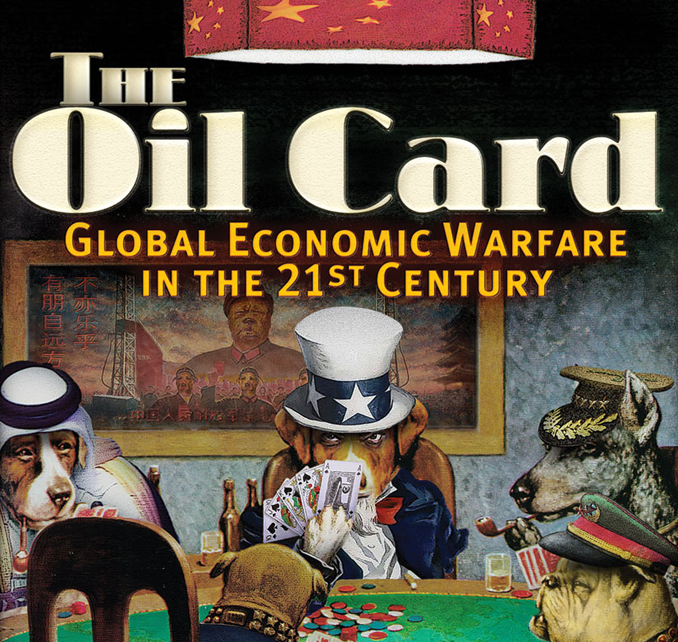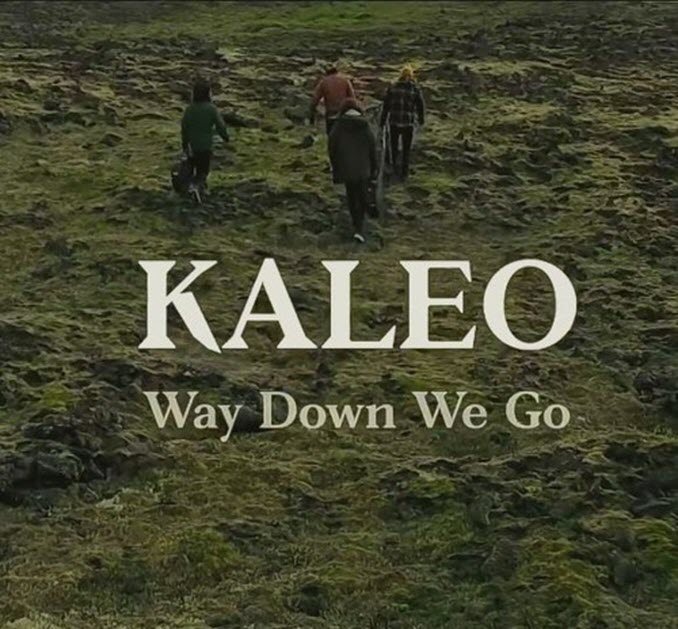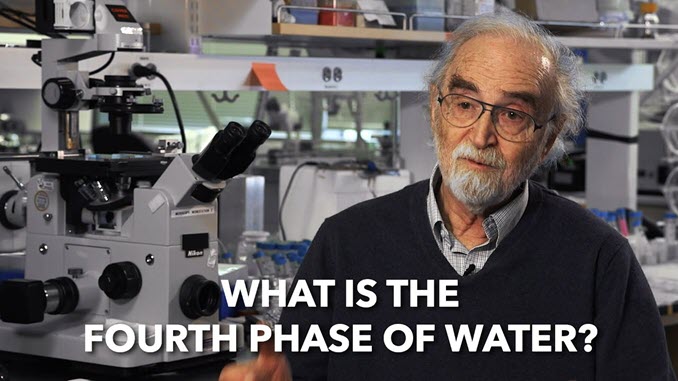
For our Blast from the Past, we would like to refer Solari subscribers to the Jim Norman interviews that Catherine conducted from 2010 to 2013. Jim Norman, author of The Oil Card: Global Economic Warfare in the 21st Century, refers to the “Oil Card” that is played in national and geopolitical energy policy as a tool of economic warfare.
Match Norman’s insights with our current Solari interviews with energy consultant and systems engineer Charlie Stephens on 21st-century energy issues and how that topic integrates into the control grid.
The Oil Card: Global Economic Warfare in the 21st Century (March 18, 2010)
Solari Report on Gulf Oil Spill (June 17, 2010)
Oil Card Geopolitics (May 19, 2011)
Jim Norman: The US Plays the Oil Card (April 19, 2012)
The Oil Card with Jim Norman (December 12, 2013)
Related:
A 21st-Century Approach to Energy with Charlie Stephens, Part I
A 21st-Century Approach to Energy with Charlie Stephens, Part II
Let’s Go to the Movies: Week of September 04, 2023: The Lost Century









Cool thanks. Most interesting.
It was interesting to relive the BP Gulf Spill/Macondo Well explosion with Jim Norman. I happened to have been working with BP in Aberdeen, Scotland when the incident happened. I had been working with BP off-shore for over 10 years by that point. I was very familiar with the BP management chaos that Jim described. Once the “accident” happened, I must say that the company threw absolutely all of their resources from every region into fixing the accident. In Aberdeen, we were left with almost nothing to keep the lights on. The political beatings from the Obama Administration were non-stop. Even then, I noticed how much different a US administration treated Exxon (as in Valdez, Baytown explosion) and BP. Yes, BP’s incident was way worse, but the Obama administration completely politicized it. This did not help during the incident or afterwards.
Jim Norman excellently described many of the blow out protections without explicitly lining them up, but 9 independent blow out protections had to fail in order for the incident to occur. The statistical odds of that were infinitessimally small. TransOcean is one of the major drillers in the world (and had some of their own safety issues, I know), but this level of negligence was inconceivable to me even at the time.
From time-to-time, I have thought about the incident as we learn more and more about the goals of Mr. Global, I now have a different take. Absolutely everything that Jim Norman described in his Gulf Spill report was absolutely accurate and extremely well described….except what if 9 blow out protections could not simultaneously fail. What if some of them were compromised in secret and on purpose by someone like…just lets say…the CIA.
Lord Brown (former CEO before Tony Hayward) merged multiple companies to create BP as a rival to Exxon during the Bush years. Inside BP, Brown was an operational nightmare. He wanted changes over night that took years to achieve causing huge physical damage to the facilities as managers tried to achieved Brown’s wishes. Brown may have done some interesting deals but internally he did way more operational damage.
Right from the start of the Obama admin, the US government was aggressive against BP. Lord Brown had to finally step down after lying to Parliament, and BP got Tony Hayward. Personality wise, Hayward was a total narcissistic s**t, but he did identify what some of the key operational problems of BP were – namely the total chaotic management. He made a famous statement to the staff in Aberdeen once, “if you only reward firefighters, then you only get arsonists on your staff”. He actually starting stabilizing the company and BP’s production started to exceed Exxon.
After listening to Jim Norman’s first interview, Jim said something that really caught my ear – “Exxon plays a very important strategic role in the US economic warfare” (or something like that). Of course, he is right, but it only struck me fully in the context of the Macondo well explosion – what if….BP had to be taken out because it was actually doing better than Exxon? I speculate, but nothing about the Macondo well incident ever made sense then or now – even with sloppy BP. If you look what happened afterwards, it supports my hypothesis. Tony Hayward was removed. An American looser was installed whose only job was to essentially dissolve BP, and BP moved from 1 or 2 producer in the world to now 7th and roughly half the size of Exxon. Maybe this great economic and environmental disaster was perpetrated by the US Government……9/11 anyone?
Very much appreciate your posting this. Great insight on what might of happened. You are right, the chances of sabotage are very real.
Catherine, great discussions. What happened to Jim? Why were there no more interviews? Was the second book published?
He retired and started building a house – a time consuming process on a DIY basis. Tried for several years and then thought I would leave it lay. Will check back in with him and try again.
I found this very interesting, thank you for reposting. I have now bought his book and the one he mentioned (Victory by Peter Schweizer) and look forward to reading them.
Love the Churchill quote “during wartime Truth is such a precious commodity she has to be accompanied by a bodyguard of Lies.” And he’d know all about that!
I wondered what your views were, Catherine, on whether oil and natural gas are ‘fossil fuels’ or not? I recently read Thomas Gold’s book Deep Hot Biosphere, in which he makes an extremely good case that they are not, and are in fact generated within the earth’s crust and will continue to do so. There is no chance of them running out.
Christine: I believe that the theory of generation from the crust is highly likely. Prouty was a proponent which I always found quite interesting.
Christine, I haven’t yet read ‘the oil card’ but another excellent book I read was ‘myths lies and oil wars’ by William Engdahl. It mentions that based on a paper made public by 1951 by Nikolai Kudryavtsev over thousand books and journals validated the hypothesis that oil was not biological or fossil but in fact abiotic.